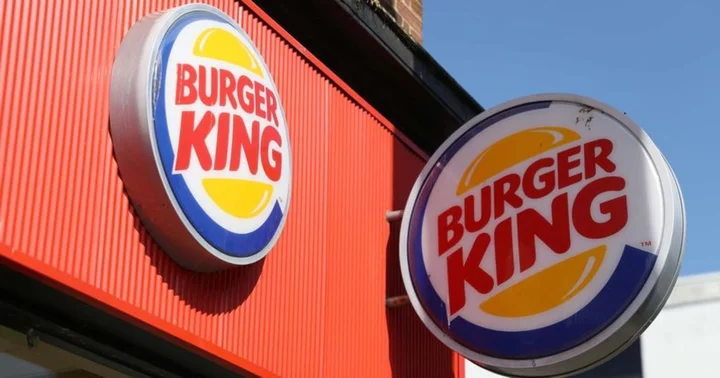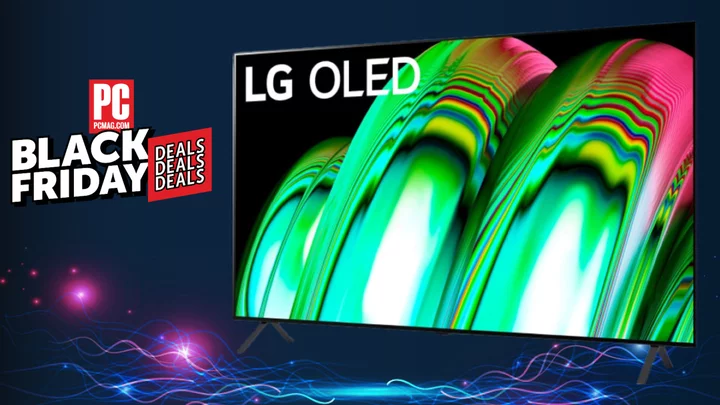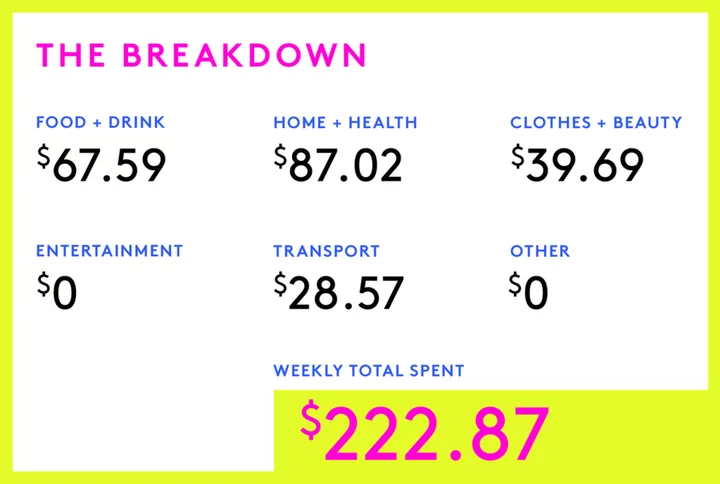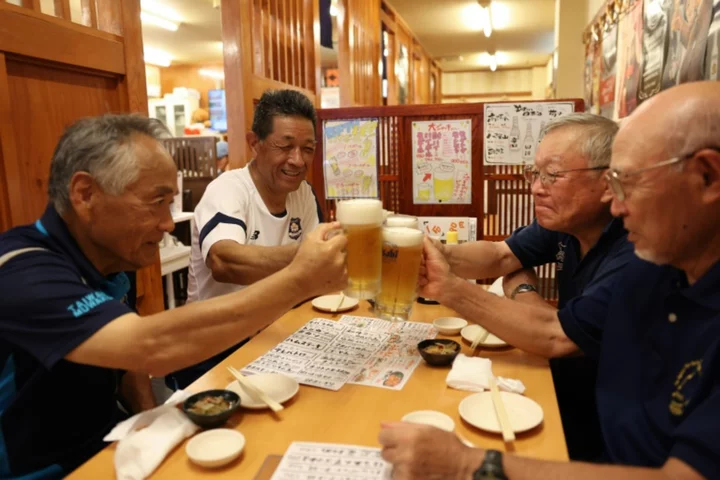MIAMI, FLORIDA: Fast food giant Burger King has reportedlt been sued for overstating the amount of meat and size of its popular Whopper burger.
This legal challenge reflects a growing trend of consumers taking legal action against food and beverage companies for what they perceive as deceptive advertising practices.
What is the problem with Burger King marketing?
The lawsuit against Burger King gained momentum in August when a federal judge in Florida declined to dismiss the case.
The lawsuit alleged that Burger King made the burgers depicted in advertisements on store menu boards appear about 35% larger, with so many ingredients that they "overflow over the bun," per the Fast Company.
Burger King, however, asserted that it did not need to serve burgers "exactly like the picture."
The judge declined to dismiss the lawsuit, stating that jurors will "tell us what reasonable people think."
Burger King said in a statement, "The plaintiffs' claims are false. The flame-grilled beef patties portrayed in our advertising are the same patties used in the millions of Whopper sandwiches we serve to guests nationwide."
Burger King is not the only company facing such legal challenges.
Perkins Coie, a law firm that monitors class action lawsuits, reportedly stated that there were there were 214 cases filed against food and beverage companies in 2022.
It added that the trend continued with 101 new cases filed in the first half of 2023. This marks a substantial increase compared to 2010 when only 45 such cases were filed.
Legal battles over misleading food labels on the rise
The surge in lawsuits against food and beverage companies began several years ago, with some of the initial cases focusing on false advertising claims against chip manufacturers for not filling bags to the brim.
Most of these early cases were dismissed.
since 2019, hundreds of lawsuits have been filed, alleging consumers were being misled by products labeled as "vanilla-flavored" when they do not contain genuine vanilla or vanilla beans.
These lawsuits are typically filed in specific courts, notably in New York, California and Illinois, where federal courts are less inclined to dismiss them outright.
In the case against Burger King, which was filed in Miami, an attorney representing the plaintiffs also has similar cases pending in New York against Wendy's, McDonald's and Taco Bell.
Companies often opt to settle these cases before they go to court rather than enduring lengthy legal battles.
A recent example being A&W and Keurig Dr Pepper agreeing to pay $15M to settle claims that they had deceived customers with the label, "Made with aged vanilla," on cans of the soda, which actually contained synthetic flavoring.
The Burger King case and similar cases may prompt companies to exercise greater caution in their advertising campaigns, Jeff Galak, an associate professor of marketing at Carnegie Mellon University's Tepper School of Business, said.
Galak said, “There’s a legal line. When is it puffery and when is it deceit? Companies are always trying to ride right up against that line," per AP.









